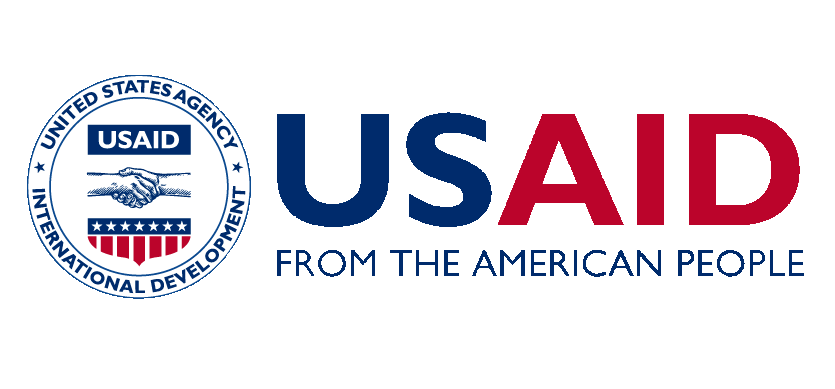This report shows the results of a Behavior Monitoring Survey conducted in 2012 in the communities around Saadani National Park (SANAPA) in Tanzania and a comparison with the results with those of a similar survey done three years earlier. In 2009, the BALANCED Project started working in the SANAPA area through an ongoing integrated coastal management initiative to develop and deliver integrated PHE messages through peer educators and community-based distributers of family planning commodities. In 2012, the BALANCED team conducted a follow-up survey to assess the changes in behaviors and attitudes resulting from the four years of BALANCED Project interventions. A comparison of results from the 2009 and 2012 surveys shows that the population, socioeconomic, health, and environmental conditions of those living around SANAPA have remained relatively stable between 2009 and 2012. It points as well to increased awareness of family planning and reproductive health FP/RH in the target areas, increased support amongst men for FP/RH, and increased support (by both males and females) for conservation activities.
Year: 2013
Source: The BALANCED Project


